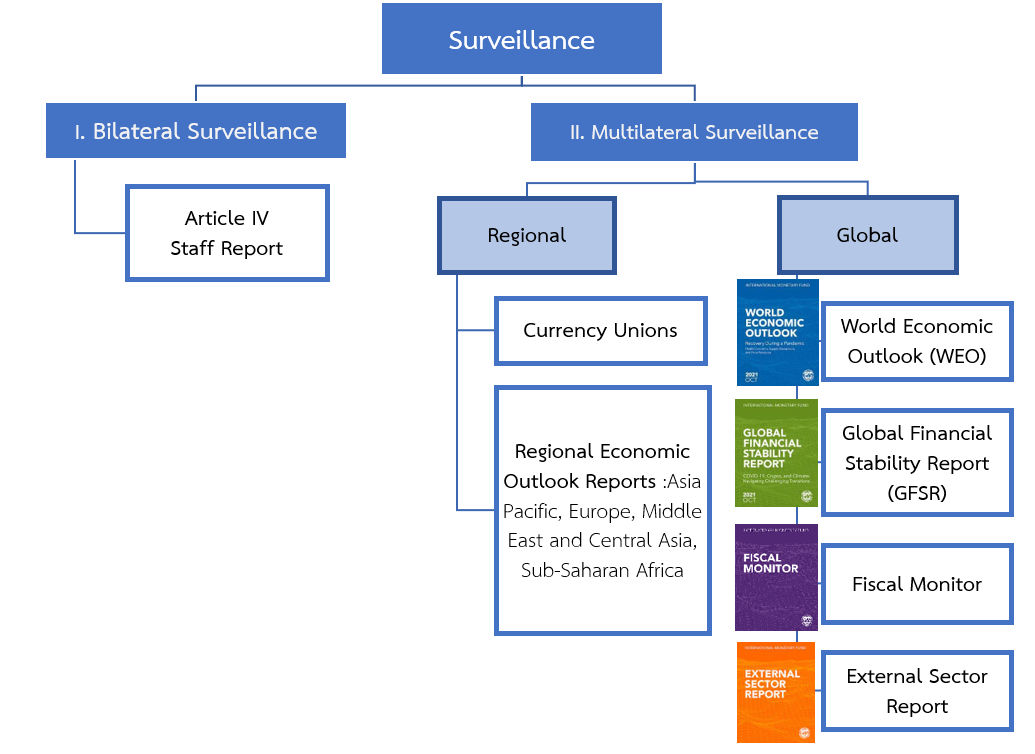Organizational Structure
The IMF’s Board of Governors comprising all Governors from member countries, holds a meeting once a year during the World Bank-IMF annual meeting to discuss and decide important IMF policies. Furthermore, there is also the International Monetary and Financial Committee (IMFC), which comprises 24 members in accordance with the IMF’s Executive Board structure. The IMFC acts as a consultant for the Board of Governors, which considers and provides various policy recommendations concerning regulation of the international monetary system.
The IMF’s Executive Board and staff is responsible for the day-to-day business of the IMF, in accordance with the recommendations of the IMFC. Meanwhile, Managing Director acts as the CEO and top management.
Membership: The number of the member countries in the IMF increased from 29 in 1945 to 190, with Andorra, being the newest member to join the IMF in October 2020. To apply for IMF membership, countries must first be a member of the United Nations.
Quota: Upon joining the IMF membership, the country will be allocated quotas denominated in Special Drawing Rights (SDR) in accordance with its respective economic size and importance relative to the global economy. Normally the IMF will review their quota once every 5 years to appropriately adjust each member’s quotas given changing economic situations, as well as increase the IMF’s lending capacity.
Quotas play an important role in determining the members’ voting rights and access limits to IMF’s financial assistance. In particular, member countries will be allocated an equal amount of basic votes (250) and an additional vote per 100,000 SDR worth of quota. Furthermore, member countries may apply for IMF loans no more than 100% of quota annually and no more than 300% of quota cumulatively.

